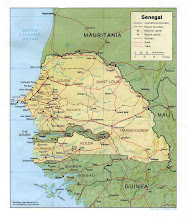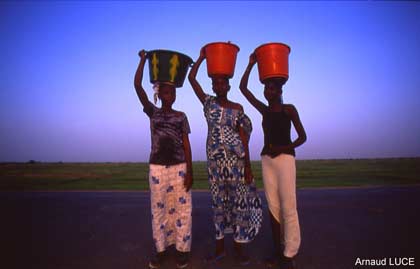But the robust projections are in line with economic health of other West African countries such as Ivory Coast.
Of note in the January IMF report, Senegal's energy reforms, initiated in 2015, are taking hold, again aided considerably by the drop in oil prices. Halved last year, halved again this year, next year SENELEC will go without direct budget subsidies. Again, let's see if that remains the case should oil prices rise.
While the IMF notes reforms also in the works in agriculture (land reforms), tourism and labor, it is the more pedestrian reforms in areas such as government regulation, banking and transparency which are showing returns already.


